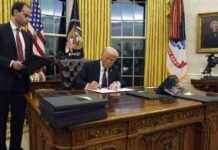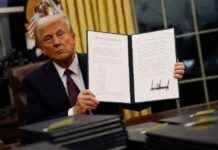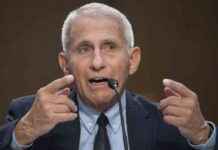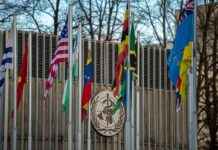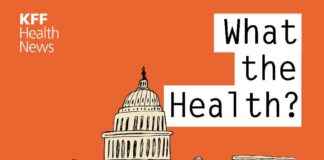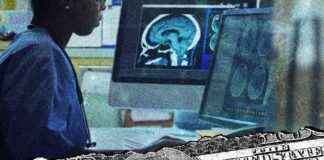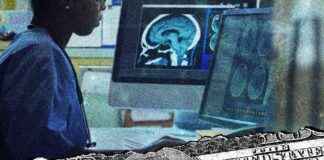Scientists Brace for Health Funding Changes Amidst Trump Administration Reshuffle
In the wake of the recent White House reshuffling, scientists and healthcare professionals find themselves on the edge of uncertainty as the new administration’s stance on medical research funding comes into question. The potential impact of proposed budget cuts and changes in leadership has led to a wave of concern among those on the front lines of health innovation and discovery.
March for Science: A Call to Action
It all started back in April 2017, just three months after Donald Trump took office as president. Tens of thousands of scientists and their supporters descended upon Boston Common, united in protest against the administration’s planned deep cuts to medical research funding. The March for Science, which reverberated across the nation in various rallies, served as a resounding pushback against Trump’s climate change denials and the proposed billions of dollars in slashes to the National Institutes of Health (NIH), the primary federal backer of medical research.
The Unfolding Concern
Fast forward to the present day, as President Trump prepares to assemble his team for the upcoming term. The spotlight now falls on Robert F. Kennedy Jr., the chosen candidate to lead the Department of Health and Human Services. Kennedy’s vocal skepticism towards vaccines and mainstream medicine, coupled with his pledge to replace a significant number of NIH employees, has sent shockwaves through the scientific community. His advocacy for redirecting a substantial portion of the NIH’s research funding towards preventive, alternative, and holistic health approaches raises alarms, particularly in the face of evolving health threats like the mutating COVID virus, the spread of bird flu among both humans and animals, and the concerning transformation of mpox into a more perilous strain.
Looking Ahead: Navigating Uncertain Waters
As the landscape of health funding undergoes potential shifts, scientists and healthcare advocates find themselves at a pivotal crossroads. The looming specter of altered research priorities and budget allocations underscores the critical need for unity, resilience, and strategic planning within the scientific community. The future of medical innovation hangs in the balance, as stakeholders grapple with the implications of policy changes and leadership transitions on the trajectory of healthcare advancements.
With the stakes higher than ever, the resilience and adaptability of scientists will be put to the test as they navigate the evolving terrain of health funding under the new administration. The collective voice of the scientific community must stand strong in advocating for the preservation of research integrity, innovation, and public health priorities amidst the winds of change.



